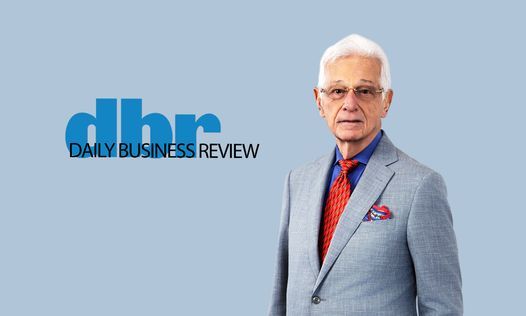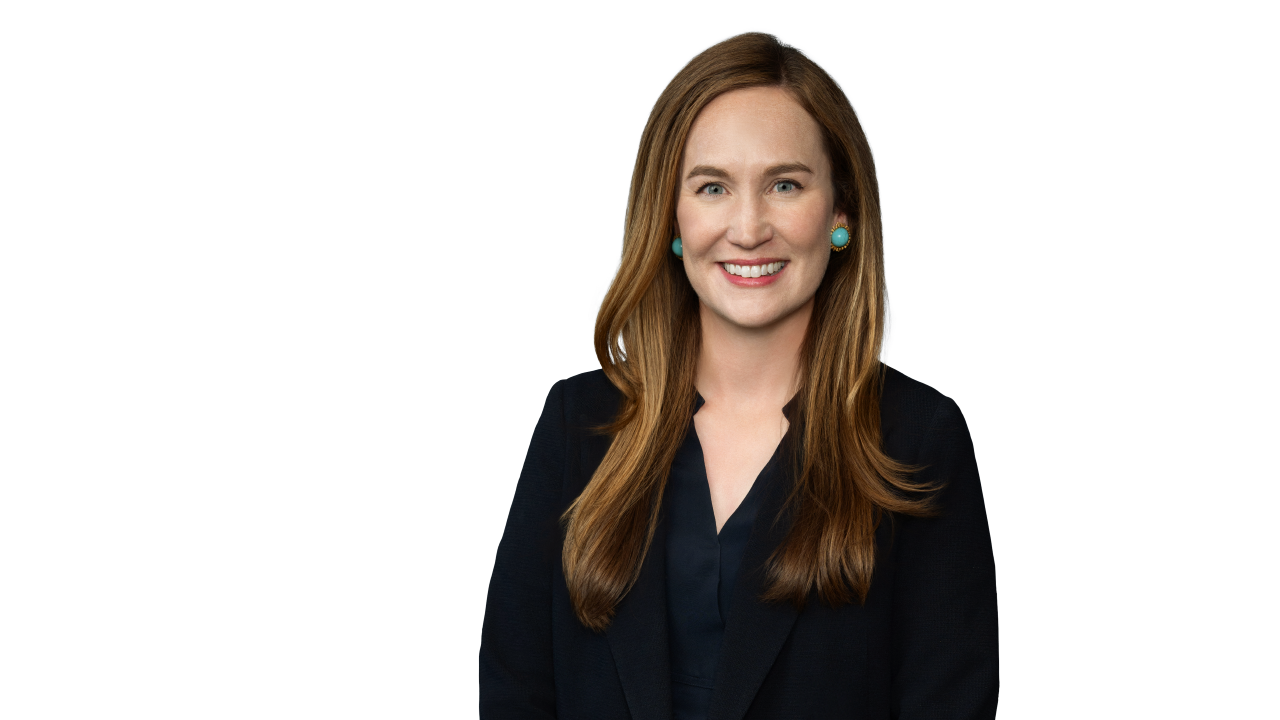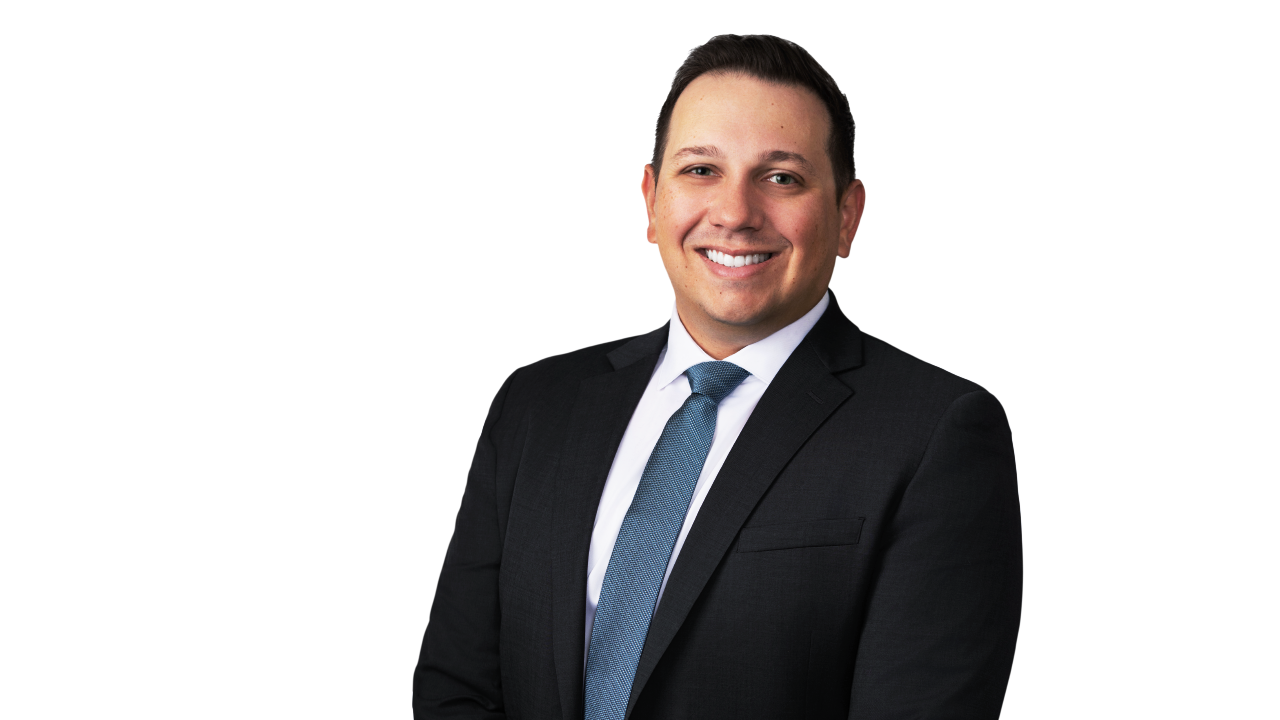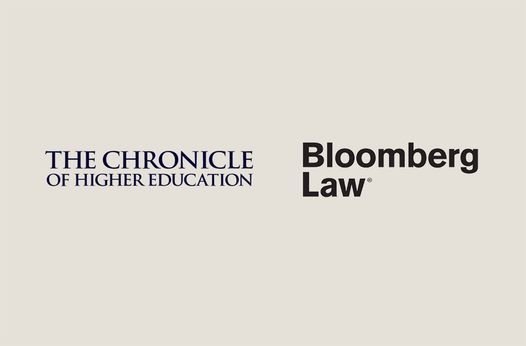Unpacking the U.S. Supreme Court's Unanimous Facebook Decision Narrowing the TCPA's Autodialer Definition
Hinshaw Alert | 5 min read
Apr 5, 2021
A unanimous United States Supreme Court (SCOTUS) on April 1, 2021, resolved more than a decade of Telephone Consumer Protection Act (TCPA) litigation and untold millions of dollars in claims by disentangling the contorted definition of automatic telephone dialing system (ATDS), or autodialer. Courts have struggled to uniformly define this equipment, creating a Circuit split. One side holding an incredibly broad range of equipment could be deemed an autodialer by including within the definition equipment capable of storing telephone numbers to be called whether or not the equipment used a random or sequential number generator. The other holding that a much narrower class of equipment should fall within the definition, requiring the equipment to either store or produce telephone numbers using a random or sequential number generator. SCOTUS favored the latter, narrower interpretation.
Our Take on Potential Impacts
While we examine this decision in more detail below, we offer the following immediate considerations:
- Review contractual consent provisions to determine the impact of existing language on future communications and to consider whether changes are helpful or necessary.
- Survey state laws governing automated dialing and announcing devices, telemarketing, and telephone solicitations, and consumer communications to determine whether consent might still be required for calls and text messages that no longer require prior express consent under the TCPA.
- Review TCPA policies and procedures for potential updates, including with respect to definitions, consent, revocation, reassigned numbers, and overall processes.
- Review existing telephone equipment to confirm whether it has the capacity (more on this below) to use a random or sequential number generator to either store or produce telephone numbers to be called and document such functionality.
- Confirm whether any artificial or prerecorded voice messages are used in any outreach campaigns and, if so, whether such calls might require consent or other compliance considerations.
- Consider consent and opt-out provisions under Regulation F and other prohibitions against unfair, deceptive and abusive acts and practices and how these protections are addressed in any consumer communications program.
- Review CTIA guidelines and carrier requirements and codes of conduct to ensure compliance.
- Note, text messages are still calls for TCPA purposes.
- Continue to monitor the evolution of interpretive guidance by courts and the FCC and potential legislative amendments to best mitigate against potential risk.
- For pending TCPA litigation, defendants should determine whether the particular telephone equipment constitutes an ATDS as clarified by the Supreme Court. If not, a motion for summary judgment might be prudent.
Our Analysis
The definition of an automatic telephone dialing system (or autodialer) is significant as calls made to cell phone numbers using this equipment require prior express consent. When a call (or text message) is made without the requisite consent, the calling party may be liable for up to $1,500 per call. A multimillion-dollar TCPA judgment is not a rarity.
In its unanimous decision, SCOTUS provided a lesson in statutory construction, relying on conventional grammar rules and the "series-qualifier cannon" of interpretation. The result is a dramatic change in the potential scope of the TCPA and the types of calls that require prior express consent. This decision comes nearly six years after the Federal Communications Commission (FCC) broadly interpreted the statutory definition of ATDS by focusing on the equipment's potential capacity, effectively rendering the phrase "using a random or sequential number generator" superfluous. Ultimately, the D.C. Circuit vacated the FCC's interpretation in 2018, leaving courts to interpret the statutory text for themselves. The result was an almost immediate split in interpretations, generally focusing on whether equipment is capable of storing randomly or sequentially generated numbers. Under the SCOTUS ruling, to be considered an ATDS, telephone equipment must have the capacity to use a random or sequential number generator to either store or produce telephone numbers to be called.
There is some concern that the court did not interpret the meaning of "capacity" in the autodialer definition. This concern is understandable given the FCC's prior interpretation that equipment need only have potential capacity to be an autodialer. However, the Supreme Court appears to be setting a very high bar here, finding: "The statutory context confirms that the autodialer definition excludes equipment that does not 'us[e] a random or sequential number generator.'"
While capacity is certainly still a consideration, because the term appears in the statutory definition, it seems that it may be a bridge too far for a plaintiff to argue that unused capacity—or potential capacity—makes telephone equipment an autodialer. We hope that the lack of detailed contemplation of the nature of capacity will not result in continued litigation of this issue. Notwithstanding, we expect defense of these claims will require defendants to demonstrate that their particular equipment does not meet the autodialer definition. Such fact issues might preclude outright dismissal at an early stage. Still, the SCOTUS decision certainly favors callers and a clear pull on the reigns on attempts to expand the TCPA, enacted in 1991, to include many forms of modern technology. Sticking to the statutory text, the court concluded: "'Senescent' as a number generator (and perhaps the TCPA itself) may be, that is no justification for eschewing the best reading of §227(a)(1)(A)."
The concept of "human intervention" also now seems to be less meaningful. The court expressly rejected Duguid's request to focus on whether the equipment has the capacity to dial numbers without human intervention. Duguid's argument followed past FCC interpretations adopted by the Ninth Circuit. However, the autodialer definition requires only the capacity to dial, without any reference to "automatically" or "without human intervention."
The Court's decision appears to moot the autodialer questions remanded to the FCC by the D.C. Circuit in 2018 in ACA International v. FCC. Despite initial indications that the FCC would weigh-in, it has stayed largely silent on TCPA interpretive issues for the last several years. There are dozens of petitions pending before the FCC seeking clarification, exemptions, or other relief under the TCPA. With a Democratic Party-controlled FCC under an acting chair who has voted in favor of the majority of the 2015 Omnibus Order that greatly expanded the autodialer definition, it will be interesting to see what lies ahead.
One thing is clear: the TCPA has not gone away and callers should continue to carefully consider how best to comply with its provisions to avoid further litigation and regulatory risk.
Hinshaw's regulatory compliance and counseling attorneys regularly advise clients on state and federal calling and texting issues, including those related to the TCPA and the FTC's Telemarketing Sales Rule, and have filed petitions with the FCC seeking clarity and exemption from the TCPA consent requirements. Our litigators also routinely defend individual and putative class actions nationwide alleging TCPA violations.
Featured Insights

Employment Law Observer
Dec 8, 2025
12 Days of California Labor and Employment: 2025 Year in Review

Press Release
Dec 4, 2025
Hinshaw Recognized by the Leadership Council for Legal Diversity as a 2025 Top Performer

Press Release
Nov 25, 2025
Hinshaw Legal Team Secures Summary Judgment in Gas Station Injury Case

Press Release
Nov 18, 2025
Hinshaw Releases the Third Edition of Duty to Defend: A Fifty-State Survey

In The News
Nov 13, 2025
A Profile on Neil Rollnick: After 57 Years in Practice, He Has No Plans to Retire

Press Release
Oct 22, 2025
Hinshaw & Culbertson LLP Launches New Website and Refreshed Brand








